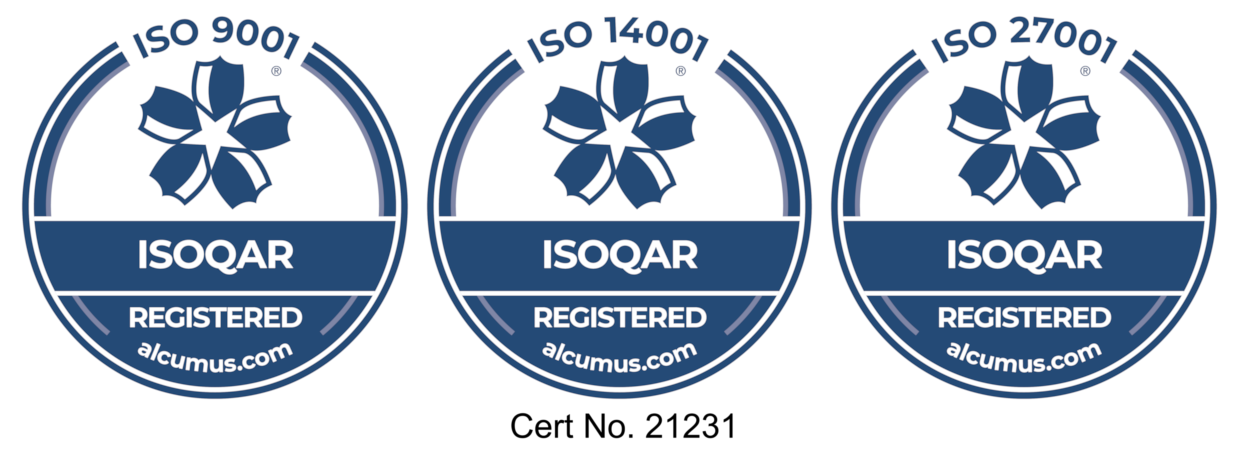WasteCare Group’s Managing Director, Peter Hunt gives his personal view on the new Battery Regulations
“Retailers will find the new battery regulations difficult and confusing to comply with” says Peter Hunt of BatteryBack. He continues, “unless retailers seek advice in advance of the regulations coming into force, many may find themselves falling foul of the new rules.”
Most of Europe has adopted the European Waste Battery Directive in much the same way as us, but here in Britain what should have been a straight-forward and beneficial piece of legislation has been turned into a regulatory minefield. Unlike the rest of Europe, in Britain we have four separate versions of the same regulations. Retailers, collectors and recyclers of batteries are faced with different interpretations of the regulations in England, Northern Ireland, Scotland and Wales. And the confusion doesn’t end there. The best storage and handling practices for batteries hasn’t been decided. The Health and Safety Executive has just announced that the Buxton H&S Laboratories are to research the storage and handling methods for batteries. The problem is that we do not know when they will give us the results, and it certainly won’t be before the new regulations come into force.
There is a lack of clarity on whether batteries can be sent by post – the Department of Business, Innovation and Skills (BIS) recently announced that waste batteries could be sent in the post, but, the Advisory Note on transport and storage of waste portable batteries, published by Defra now rules this out.
Defra states that it is difficult to tell easily if a battery contains hazardous Lithium or Cadmium, or is a common non-hazardous alkaline or zinc battery. So whilst the Department of Transport helpfully allows up to 333kg of Lithium batteries to be carried on the same vehicle, Defra now insists that we assume all mixed batteries are Lithium. Therefore full ADR rules will apply.
In fact Defra insist mixed batteries, which may contain no Lithium (less than one per cent on average of mixed waste batteries are actually Lithium) are now labelled as though the entire consignment is Lithium. If a vehicle cannot collect more than 333kg of mixed batteries without full ADR then back-hauling for large retailers is out of the question and the cost for dedicated battery collectors will soar, not to mention the environmental impact of vans running around with under a third of a tonne of batteries. In fact if this rule is upheld it will add over £2.5m to the annual cost of collecting batteries within the UK. At BatteryBack we are doing our best to help retailers and producers navigate the maze of regulation whilst keeping costs of compliance to a minimum. To avoid any shocks contact www.batteryback.org to find out all you need to know before the new regulations come in to force.





